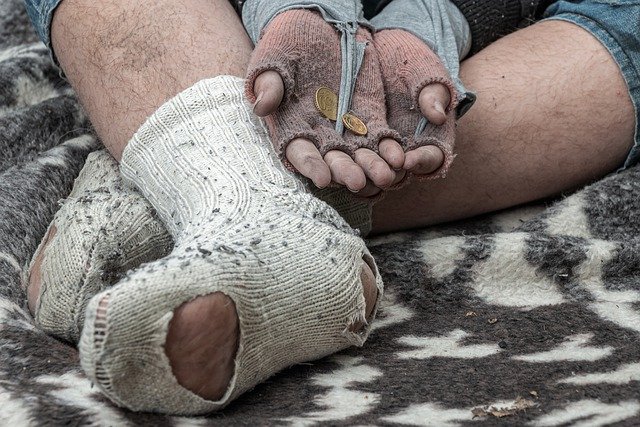
In America, it is a sad reality that the homeless are often criminalized. Further, release from prisons and jails marks the start of a difficult journey for many men and women. Rebuilding ties to the community, personal connections, and employment take time and considerable effort. As a result, homelessness is often the only option for many as release is often followed by a period of instability when it comes to reestablishing oneself. In addition to homelessness, this population faces additional stigmas of criminality. Here is more information about the facts and figures:
- According to PrisonPolicy.Org, “Formerly incarcerated people are almost 10 times more likely to be homeless.” With 650,000 people released from prison each year, it clearly poses a significant issue.
- Women are more likely to be homeless following incarceration than men.
- Those who identify as black or African American have a higher rate of homelessness following incarceration than Hispanic and White individuals.
- Those over the age of 45 are more likely to be homeless following incarceration than any other age group, with 35-44 being a close second.
- Being incarcerated more than once increases one’s likelihood of being homeless following incarceration.
- Formerly incarcerated individuals cite issues with addressing long neglected health and dental issues.
- Men are more likely than women to sleep in unsheltered places such as parks, bus stops and city streets.
Homelessness, coupled with a criminal record becomes cyclic nature much like homeless and mental illness. The additional stigma attached to having a record means increased discrimination and difficulty finding work which in turn, makes it less likely to secure the finances needed to obtain stable housing. Knowing where to start as far as addressing these issues is difficult. The cycle will be hard to break as long as the homeless are treated as criminals, ticketed, and arrested for infractions such as loitering, especially when we know that lack of employment, housing and mentoring are the key components to recidivism.
Eden’s Shift aims to ensure that no person is forgotten, sidelined, or treated without respect and dignity despite any history of incarceration. Here are a few things concerned citizens like you can do to help out others in the Brockton area.
- Help the homeless apply for aid and jobs. This can be achieved though resume writing assistance and online job searches at local community resource centers.
- Build empathy. Understand the cycle of homelessness to gain understanding. Being trapped in a system wherein one is typically transferred from jails to emergency rooms, to shelters, and detox centers is an overwhelming experience. Applying a basic level of concern shows others you care. Healing occurs when people have a supportive environment versus one that shuns and is full of fear or apathy.
- Locate the resources in your community. Most of us have seen an individual or family outside a grocery store or downtown central business district who are down on their luck. Knowing where your local resources are means you may be able to point that person in the right direction.
- Volunteer. Homeless is a long-term problem which requires a long-term plan of action. Consider committing to volunteering or donating to supportive housing communities such as CSH that help rehabilitate old properties to provide essential services like health care, case management, and housing.
Resources are available specifically for those with criminal records in or near the Brockton area.
- Workforce Central Career Center supports those transitioning from incarceration by connecting them with businesses and organizations that are willing to hire people with a record. They also offer computer stations in their Worcester and Southbridge locations where people can apply for jobs online.
- Volunteers of America – Massachusetts addresses the toll incarceration takes on individuals and families by offering mental health programing for those with compound issues of mental illness, substance abuse, and trauma. Their technical training program prepares people for technology jobs both pre and post release. Peer mentoring and case management are also available.
- In addition to local resources, check the Task Force for Faith-based & Community Initiatives for a list of re-entry programs and services in your area.
Citations/References
https://www.prisonpolicy.org/reports/housing.html
